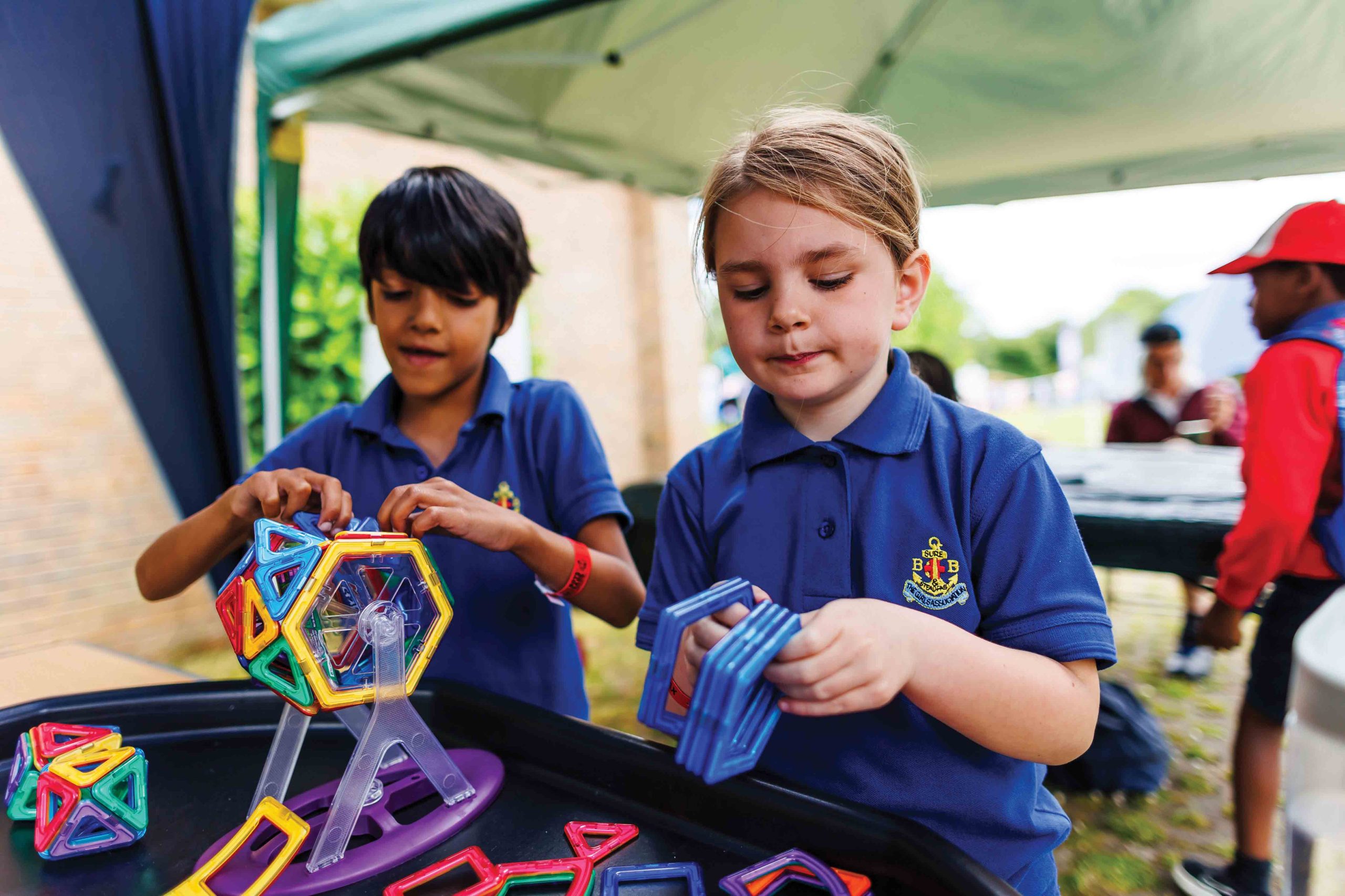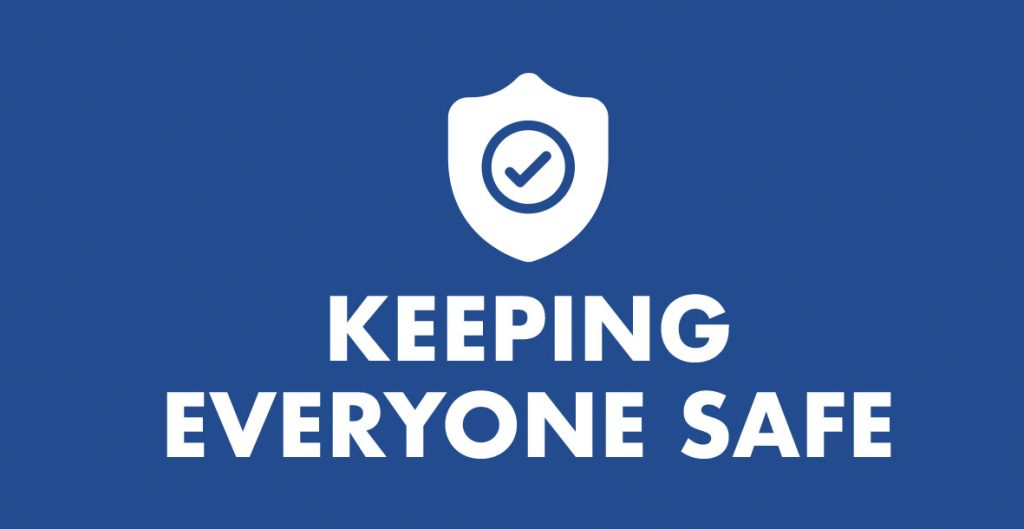
Volunteer leaders have responsibilities linked to their role. Their safeguarding responsibilities are the same as adults in employed roles who care for or educate and supervise children and young people such as teachers, medical professionals or childcare workers. Children nowadays are taught in school about abuse and harm, and how to identify safe adults they can talk to if they are worried about themselves or others. BB leaders may well be that trusted, safe adult.
It is therefore essential that we acknowledge the barriers to reporting. Whilst we cannot take these barriers away, we can seek to ensure our leaders are aware the barriers might be there but understand they must always prioritise their safeguarding responsibilities. This is achieved through our leader training and development, BB safeguarding policies, procedures and guidance, and a variety of BB communications. Whether safeguarding concerns or allegations occur in the private lives of our children and young people, or in BB settings, volunteer leaders have a duty to respond when they become aware of them. This contributes to our commitment to ensure The Boys’ Brigade is a safe space for all.
Firstly, we need to recognise what these barriers are. They may be linked to the connection we have with the person accused such as a family member, a close friend, a person in a senior position, or someone we know is going through a difficult time in their lives. They might be linked to our knowledge of the child or young person concerned, raising doubts or questions. Other factors that might create barriers include thinking its someone else’s responsibility, worries about what will happen next, fear of reprisals or other personal adverse consequences. We might worry we don’t have enough proof, or that we might have got it wrong.
It is essential that every leader ‘gets it right’ when they become aware of a safeguarding concern or allegation – whether they have seen it themselves, heard about it directly from the person concerned, or have been told of it by someone else. It’s easier in an emergency to respond robustly – especially when someone is at immediate risk of harm. It is the non-urgent safeguarding concerns and allegations that might cause someone to think first, and ponder and worry about barriers, leading to delays, or worse – a failure to respond.
In such situations there will always be someone a leader can talk to, not only for advice and guidance, but also for support. This could be the Company Captain/Correspondent, Church Safeguarding Coordinator or Minister, or the BBHQ Safeguarding Manager. There are other BBHQ staff that can provide advice including the Development and Engagement Team and the Director for Operations.

Always following the BB safeguarding procedures, summarised in our Keeping Everyone Safe card, to prevent barriers impacting on our ability to safeguard children and young people.
It may seem obvious, but it’s important to remember:
Safeguarding our children and young people members is the responsibility of every BB leader.